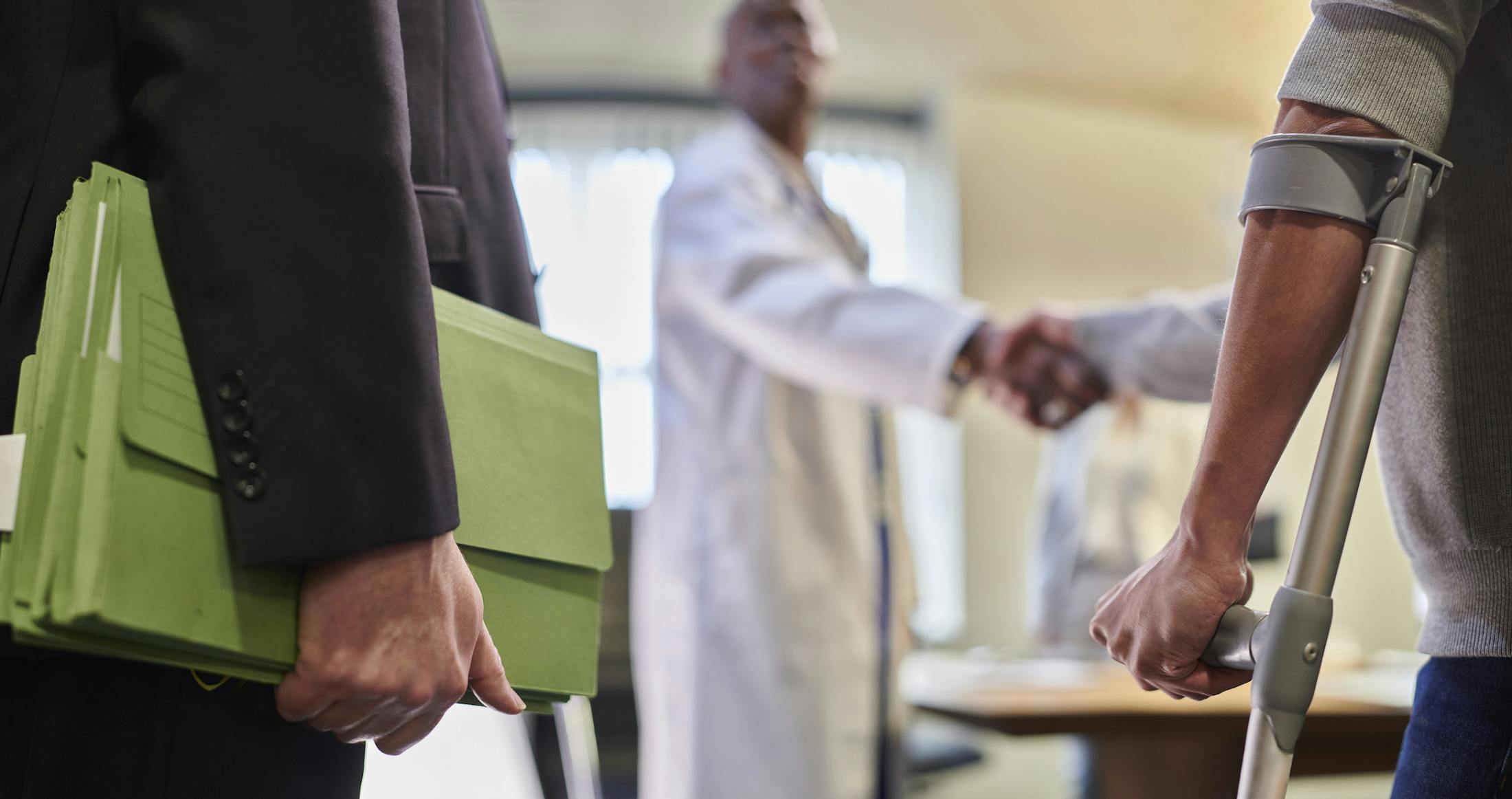Hazards in Plumbing Jobs
Plumbers, whether they are in a union, such as Plumbers Local 1 of New York City or not in a union, have one of the most hazardous jobs in New York City. In many instances, the danger of their occupation is increased by the negligence of others, which they have no control over.
New York has very specific regulations designed to ensure the safety of workers. It is the responsibility of contractors, property owners, supervisors, and other individuals to enforce these regulations. When they fail to do so, they become liable for any injuries that result from their negligence.
The people and entities designated to ensure the safety of the plumbers working at their sites sometimes chose speed over safety. As such, if you or a loved one were injured doing work as a plumber, it is crucial no more than ever to seek out an experienced plumber injury lawyer in NYC.
What are some of the hazards of plumber workers?
Even with the best safety planning, there are a lot of hazards on a plumbing job site and accidents actually happen very often. For plumbers, the biggest risks on the job are the following:
- Slips and falls are more common among plumbers than most people realize. The most common cause of a plumber’s workplace accidents is working at higher heights. Safely working above ground requires attachment points, certified harnesses, good weather conditions and regular inspections. Scaffoldings and ladders are often used since this is considered to be more of a short-duration work. Additionally, these workers sometimes end up working on ladders at high heights or in areas where the ground underneath is slick with water or refuse. Slip and fall accidents are a leading cause of workplace injuries for plumbers even when safety tools and tips are used and can leave a plumber with a head injury, a broken back, broken hip or other significantly limited injuries.
- Suffocation. For plumbers, fatal injuries may also happen in confined spaces. Closed spaces such as boilers, storage tanks, sewers, pipes, ducts and pits are generally not intended for safe oxygen levels and all present enormous challenges in terms of breathing. Unfortunately, this can lead to suffocation very easily. In addition, there can also be a trench collapse or a toxic gas leak which can cause serious injuries to plumbers.
- Repetitive motion injuries are injuries that affect a worker who is doing the same thing on a regular basis. These injuries develop over time, are extremely difficult to identify and are often overlooked. Some of the most common types of repetitive stress injury include:
- Soft tissue damage to the shoulders, neck and wrists,
- Back injuries affecting ligaments, muscles and disks
- Muscle strains and sprains
- The building site in which you are working should be laid out in a way that minimizes having to pull, push or carry loads and equipment. Repetitive work should be avoided for long periods of time to minimize the chances of a repetitive stress injury.
- Eye injuries. Many injuries affecting a plumber’s eyesight can be completely avoided as they are preventable. Exposure to bacteria and foreign objects are some of the eye hazards affecting plumbers. Wearing safety glasses at all times can reduce the risk of exposure and preventable eye damage, but not entirely. At times, plumbers also end up with eye injuries when pipes they are working on burst or some piece of equipment malfunctions.
- Asbestos. Exposure to asbestos at the workplace is the number one cause of respiratory death. Plumbers are often exposed to asbestos more than others because they are working in places with an unknown history. While many newer buildings will not have any asbestos materials inside, it’s impossible to be sure with an older location that no asbestos-containing materials were never used. Exposure to asbestos builds up over time and can lead to life-threatening conditions for which there are no cures.
- Hearing Loss. The World Health Organization’s protection report shows that up to 48 percent of plumbers have reported hearing loss due to banging tools, noisy pipes, and electronic machinery. This can lead to hearing damage that affects you on and off the job.
- Extreme Temperature Injuries. In many locations across the country, extreme conditions have to be braved by plumbers when pipes are frozen or when it is extremely hot. This increases the chance of severe injuries. Whether it is extremely hot or extremely cold weather, there is very little time for the body to adjust. At times, this can cause a heat stroke or hypothermia.
- Hand Tool Injuries. Many tools of the plumbing trade have become more powerful over the past several decades, but they also present unique risks to users, particularly if the product is defective. Hand tool injuries can include broken bones, fractures, cuts and more.
- Mold. A disastrous mold infestation might not register in the mind of a plumber until it is identified. It can be found in paneling, bathrooms, and under sinks. Hence, a plumber may be working directly in a location affected by mold.
Contact Us for Help with Your Plumbing Accident Claim
If you or someone that you love is a plumber who has been injured in an accident, contact our experienced plumber injury attorneys in NYC at the Law Offices of Michael S. Lamonsoff, PLLC, to find out what your rights are and let us take the necessary action on your behalf. Our NYC personal injury lawyers litigate every case aggressively so that you can concentrate on recovery.
CLICK HERE FOR A FREE VIRTUAL CONSULTATION

